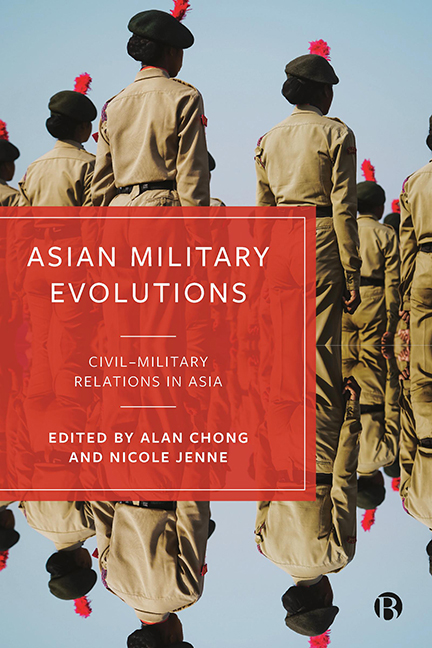Book contents
9 - Peacekeeping: An Emerging Area of Southeast Asia’s Defence and Security Cooperation?
Published online by Cambridge University Press: 18 January 2024
Summary
The practice of international peacekeeping has experienced considerable change over the past decades. For the purpose of this chapter, peacekeeping is defined as:
the expeditionary use of uniformed personnel (police and/or military) with or without UN authorization, with a mandate or programme to (1) assist in the prevention of armed conflict by supporting a peace process; (2) serve as an instrument to assist in the implementation of ceasefire or peace agreements; or (3) enforce ceasefires, peace agreements or the will of the UN Security Council in order to build stable peace. (Bellamy and Williams, 2010, p 18)
Since the end of the Cold War, peacekeeping has come to incorporate a growing number of military, civilian and police functions aimed at creating long-term stability in the host country. At the same time, it underwent a shift with regards to personnel contributing countries, with increasingly higher numbers of peacekeepers coming from the global south. In this regard, Southeast Asia is no exception. Singapore, Thailand and the tiny sultanate of Brunei began to participate in peacekeeping under the aegis of the United Nations after the Cold War ended. Cambodia became part of the group of contributing countries in 2005 and Vietnam in 2014. Indonesia and Malaysia, the regional countries with the longest history of contributing to UN peacekeeping, have significantly broadened their engagement in the past two decades. Indonesia has even ranked among the top ten contributors to UN peace operations in recent years. To some extent, the Philippines also broadened its peacekeeping engagement. Myanmar, which had adopted an internationally isolationist stance in the 1960s, reversed its peacekeeping policy in 2015, during a democratization period, and for a few years sent a handful of peacekeepers to different missions. Thus, of the ten countries of ASEAN, to date only Laos has no direct experience in peacekeeping.
At the same time as peacekeeping became more prominent in the region, it also turned into ‘a growing focus for defence cooperation’ between the ASEAN states themselves and with external partners (Capie, 2015, p 120).
- Type
- Chapter
- Information
- Asian Military EvolutionsCivil-Military Relations in Asia, pp. 170 - 194Publisher: Bristol University PressPrint publication year: 2023

